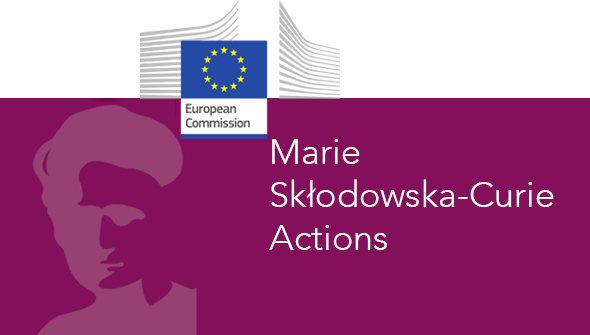University of Duisburg-Essen’s Spring School: Openness, Tolerance and Sense of Community Narratives and Realities of Contemporary Societies
There are many competing diagnoses and characterisations of contemporary societies: as capitalist, open, postmodern, transnational or polarised and divided. This Spring School aims to question such simplistic diagnoses and to analyse which, partly competing, partly complementary, ideas and hypotheses are hidden behind these labels. We want to understand which positionings and power relations are expressed in the various characterisations of contemporary societies and, based on this, question what is supposed to hold contemporary societies together – and whether it needs to be held together at all. In three panels we aim to investigate specifically how the humanistic ideals of public spirit and community, openness, and tolerance shape and are being shaped, striven for, as well as negotiated and contested by contemporary society. In addition, this Spring School features a performative societal laboratory, where we aim to generate a different, embodied and performative type of knowledge about the themes of the Spring School.
The Spring School will take place in Duisburg, Germany in March 28th to April 1st 2022 and offers the opportunity to discuss recent advances in related research areas with highly regarded scholars in and invites students to present their related research agenda or outputs in three different and topically structured panels. Also we invite all participants to participate in an artistic performance with the aim to facilitate and foster reflection through collective action. The Spring School features panels on “Sense of Community in Transnational Societies,” “Cosmopolitanism and the post-developmental critique of open societies,” and “Politics of identity and cultures of (in-)tolerance.”
Registration requirements:
Please submit a brief CV (max. 1 page), an abstract on your doctoral research (max. 500 words), a motivation for your application (max. 250 words), an indication of preference of panel workshops (please indicate your priorities) and an indication of choice for the performative-participatory laboratory. The deadline for submissions is 10th of January 2022. Cost of registration is €400, including tuition, accommodation and meals.













